How to Start Learning Computer Programming
Choose a language
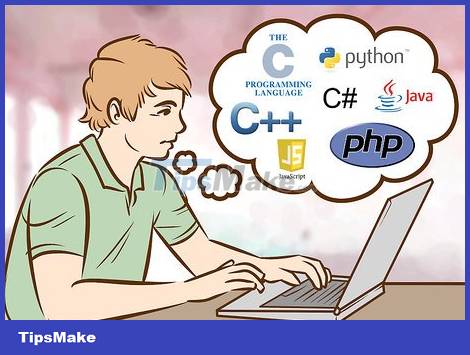
Choose a programming language. Basically, computer programming is writing a package of instructions that instruct the computer to execute (also known as writing binary code). These commands can be written in many "languages" – they are simply different arrangements of commands and strings of characters. However, each programming language is often used to create certain types of software. Therefore, choose the language that suits your intended use. If you accidentally choose a language that doesn't suit your needs, you can always switch to a new language.
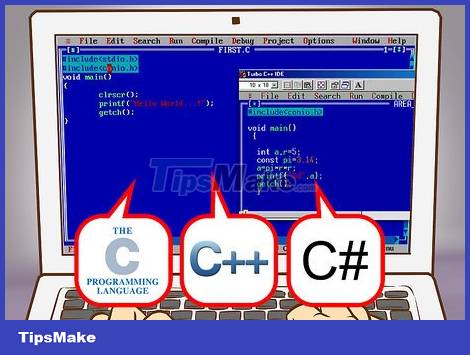
Consider learning C, C++, C# and other related languages. They are languages that are primarily used to create stand-alone computer applications, such as video games. Although difficult, learning C and C++ is not an impossible task for a beginner. They will give you a deep understanding not only of programming (most programming languages inherit at one point or another from C and C++) but also of how computers work. They are very popular and widely used. Although very similar to Java, C# is becoming more and more popular.

Consider learning Java or JavaScript. They are a good choice if you want to write web plugins (JavaScript) or mobile apps (Java). Currently, the demand for these languages is very high. Therefore, it would be helpful to know about Java or JavaScript. Note that while the names are similar, they are two completely different languages.

Try your hand at Python. Python is a very flexible language, widely used in many platforms. Despite its immense influence, Python is easy to learn for beginners. So give it a try!
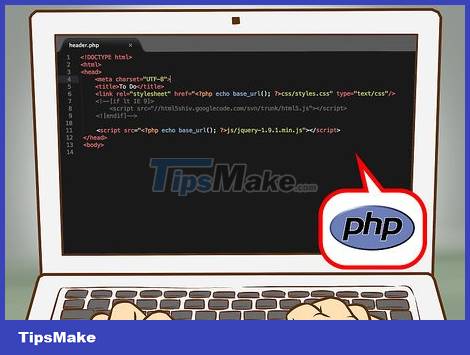
Consider learning PHP. PHP stands for Hypertext Processor, or Hypertext Preprocessor. It's a relatively easy web programming language to learn thanks to its ubiquity and simple command structure (popularity here is in the fact that there will be many helpful tutorials for that language). PHP is great in server programming.

Don't limit yourself to these languages! There are countless other programming languages with their extremely diverse uses. If you want to be a programmer, you need to know more than one language. Therefore, learn as much as possible.
Ideally, look at job advertisements for the jobs you want to do and determine what languages are commonly required for those positions.
Learn programming languages
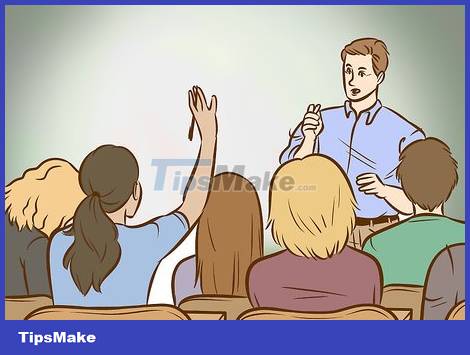
Consider attending school. When hiring programmers, most companies are more interested in your skills than in what school you went to and your grades. Even so, having a college degree to show everyone will still help a lot. And at the same time, with expert guidance from teachers (and possibly friends), going to school will help you learn more effectively.
In this field, there are often scholarships and grants available to university degree holders. Don't worry about the cost: the cost is completely solvable!
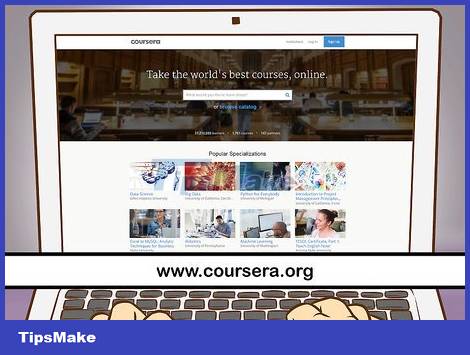
Learn from online university. Whether you study online for a fee and earn a real degree after the course, or take a free program like MIT's excellent Coursera program, you can learn a lot about programming from organized courses. this.
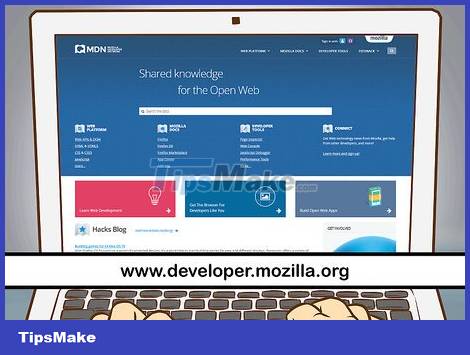
Try using an online tool. Use a free online service, such as Google's University Consortium or Mozilla's Developer Network, to learn about programming. These companies want more software developers to grow their platforms and make their resources some of the best out there.

Learn how to use online tutorials. Countless web developers teach you the basics nicely, as well as a few coding tips. Find instructions for the language you want to learn to access them.
There are many free online classes that teach you how to code. Khan Academy teaches computer coding with simple tutorials and videos. Code Academy is another free site for you, with step-by-step instructions.

Start early if possible. Many programs are designed to teach kids programming. Programs like MIT's Scratch are very useful, and the younger you are, the easier programming (like any other language) will be to learn.
Avoid using kits because they rarely teach anything useful.
Self learning
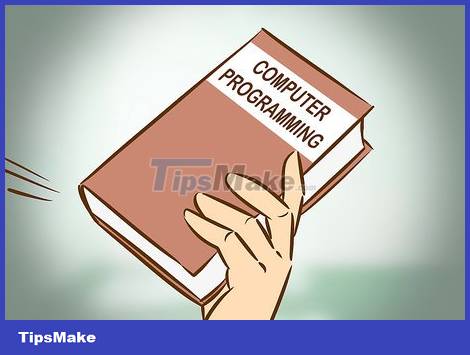
Start with a good book or tutorial on programming. Find a good and popular book about the programming language you want to learn. Reviews on Amazon or similar sites will often help you determine which books are useful among the countless other bad ones.
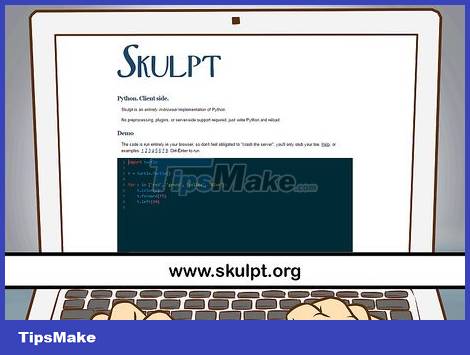
Find an interpreter for that language. An interpreter is simply another software program that converts ideas you write in a programming language into "machine language" so that things can be executed. There are many different interpreters. Choose the program that's right for you.
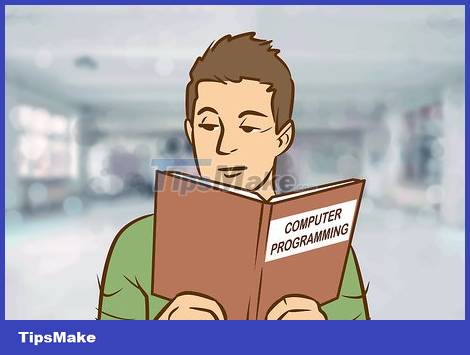
Read that book! Take an example of a programming language from a book and feed it to your interpreter. Try changing the example so that the program handles different commands.

Try organizing your own ideas, shaping a workable program. Start with simple things, such as a currency converter, and work your way up to more complex things as you read and learn a programming language.
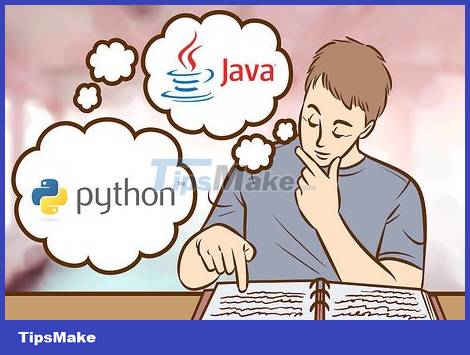
Learn another language. Once you've started programming a lot with your first language, you'll probably want to learn a second. Ideally, choose a language that uses a completely different paradigm than the first language. For example, if you start with Scheme, you can continue to experiment with C or Java. If starting from Java, at this point, you can choose Perl or Python.

Keep programming and try new things! To be a good programmer, at the very least, you have to keep up with today's ever-changing technology. It is a non-stop learning process. Always learn new languages, new programming paradigms and most importantly: program new things!